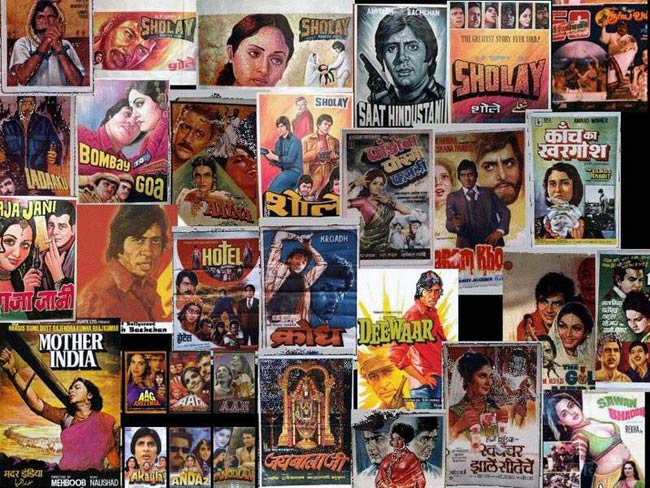Films have become part and parcel of our life in modern times. They are regarded as the common form of entertainment. Appeal to the ear was added to the appeal to the eye when the silent movie became the talkie. Then came the color TV and the video which have brought films right into our drawing rooms.
Although, films can be used for providing education and healthy entertainment to the masses. Films provide a lively medium of demonstration and thus, learning through films can be fun. Moreover, a film can reach thousand or even lakhs of people at a time-a thing no teacher can do. Because of their powerful influence and widespread appeal, films are being used for advertisement and for propaganda. But with a touch of imagination, such films can be used to provide information about developmental activities. Films can be used to arouse people’s interest in various developmental projects and secure their active co-operation and participation in them. They can be used to create public opinions against many social evils, superstitions and outdated customs.
Charmed and deceived by the glamour of films, young and immature people become film addicts and fans of film heroes or heroines. Films have a very powerful influence on the young and illiterate since their minds are most impressionable. There are evil effects of films too. Films incite unhealthy feelings and thoughts in the youth and corrupt their minds. Movies, many a times, open a door to criminal activities; youth loose the power to distinguish between the good and the bad. They prefer passive interests. They live in a world of make-believe. Excessive violence or tragedy shown in films destroys the tender and finer feelings that people have and brutalizes many.
Movies have its own pros and cons in the society. Humor is used to make us more accepting of things we normally disapprove but also they have gone a long way towards arousing national consciousness and also in utilizing the energies of the youth in social reconstruction and nation-building by a skillful adaption of good moral, social and educative themes, and by introduction of popular sentiments, films can, to a great extent, formulate and guide public opinion. In a nutshell, cinema attendance can be both a personally expressive experience, good fun and therapeutic at the same time.”
– Tanvi Shah




9 Comments